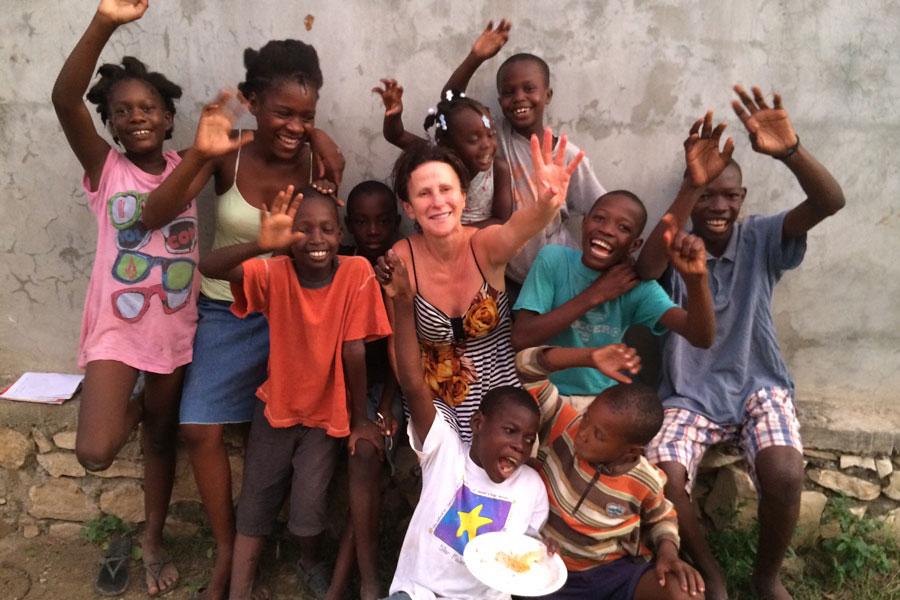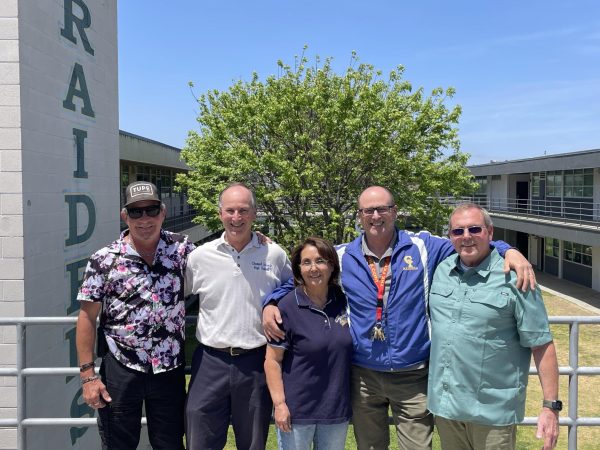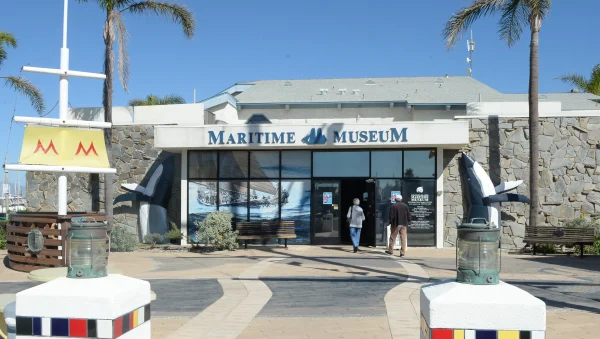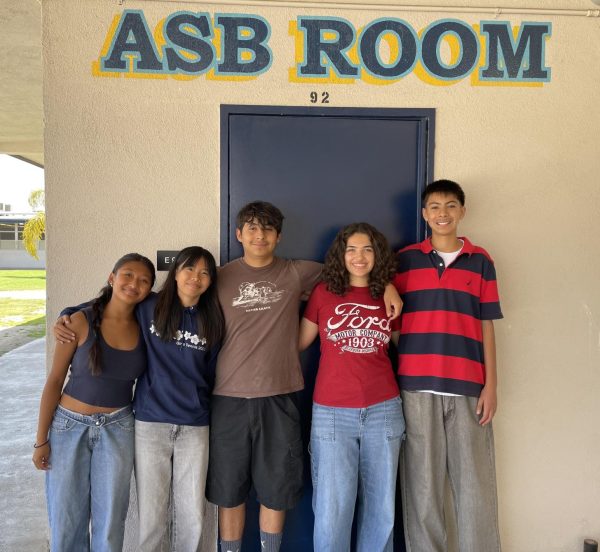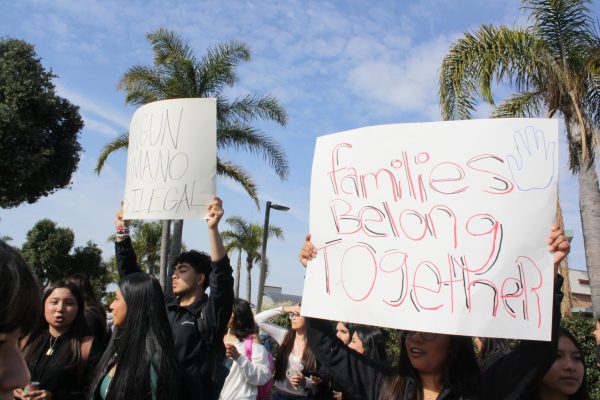Hamer to Haiti
Ms. Jackie Hamer, an English teacher for 20 years at Channel Islands High School, is a positive figure in the community.
Ms. Hamer recently traveled to Saint Marc in Haiti for a week to visit orphanages and supply the children with basic essentials such as food and clothing. During her trip she visited two orphanages, one was sustained by the church and had 36 children and the other had 10 children. She went shopping, played with the children, and visited schools.
Before her trip, Ms. Hamer raised a total of $960 from CI students and staff to buy food, English and Creole dictionaries, as well as paper, pens, and pencils for the children.
Haiti, the poorest country in the Western Hemisphere, is still recovering from the devastating 20100 earthquake that … The country is hot all year round and has few resources. Residents there have no supermarkets, no choice of food, and they have no refrigerators to keep their food fresh. There are no garbage cans throughout the town therefore they throw their trash on the streets however, it is remotely clean because goats and pigs eat the trash.
Despite their living conditions the people take time in their appearance and attire as well as keeping their living space as tidy as possible.
“The people have such pride,” Ms. Hamer said. “They take pride in their clothes and their cleanliness.”
Ms. Hamer was emotionally touched when she went to orphanages. Even though she was an outsider, she was treated her with kindness and respect. There were so many things that deeply moved her. They had no idea how deprived of food, toys, and entertainment they were, but they were so grateful for what they had.
“They wanted to be physically touched and embraced,” she said. “They were so loveable and sweet.”
They were quiet and orderly while they accepted their gifts, she added. “They had never had candy, but they always saved the last piece for me and offered it to me. This touched my heart.”
What intrigued her the most about their culture was that the children work so hard and are taught from a very young age to be self-efficient and depend and care for one another, “like sisters and brothers.”
Their respect for education is immense. They go to school every day and they do their homework in the dark with the help of a flashlight. Although they have to endure these circumstances, “They seem so happy to just be together and sing songs and play hand games together.”
Still, Ms. Hamer was glad to come back home. “It was emotionally draining to see kids in such poverty,” she said. “Iit made me think twice about the difference between necessities and wants.”
We’ll never know what it feels like to have hardships such as the ones these children are burdened with. “Children here grow up and don’t see that there’s a different way of life, the things we see on TV aren’t reality.”
What affected her the most was when she returned to campus and she saw oranges strewn on the ground because the orphans have never had oranges and to see them wasted here was painful.
Ms. Hamer’s plans for the future are to hopefully revisit during spring break and she has made a commitment to pay $50 a month to provide fruits and vegetables for the children.
She also wanted to thank Channel Islands students and staff for contributing with money and clothes. “The pennies and change that we spend recklessly made such an impact on the children even if it was a little bit, and for the children to know that people cared about them means a lot to them.”
